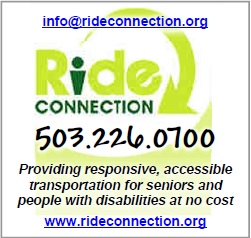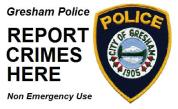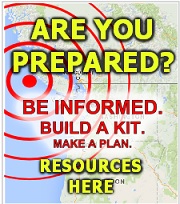Telemarketing Fraud
When you send money to people you do not know personally or give personal or financial information to unknown callers, you increase your chances of becoming a victim of telemarketing fraud. Here's some helpful tip!
Warning signs -- what a caller may tell you:
- "You must act 'now' or the offer won't be good."
- "You've won a 'free' gift, vacation, or prize." But you have to pay for "postage and handling" or other charges.
- "You must send money, give a credit card or bank account number, or have a check picked up by courier." You may hear this before you have had a chance to consider the offer carefully.
- "You don't need to check out the company with anyone." The callers say you do not need to speak to anyone including your family, lawyer, accountant, local Better Business Bureau, or consumer protection agency.
- "You don't need any written information about their company or their references."
- "You can't afford to miss this 'high-profit, no-risk' offer."
If you hear these--or similar--"lines" from a telephone salesperson, just say "no thank you," and hang up the phone.
Some Tips to Avoid Telemarketing Fraud:
It's very difficult to get your money back if you've been cheated over the phone. Before you buy anything by telephone, remember:
- Don't buy from an unfamiliar company. Legitimate businesses understand that you want more information about their company and are happy to comply.
- Always ask for and wait until you receive written material about any offer or charity. If you get brochures about costly investments, ask someone whose financial advice you trust to review them. But, unfortunately, beware -- not everything written down is true.
- Always check out unfamiliar companies with your local consumer protection agency, Better Business Bureau, state Attorney General, the National Fraud Information Center, or other watchdog groups. Unfortunately, not all bad businesses can be identified through these organizations.
- Obtain a salesperson's name, business identity, telephone number, street address, mailing address, and business license number before you transact business. Some con artists give out false names, telephone numbers, addresses, and business license numbers. Verify the accuracy of these items.
- Before you give money to a charity or make an investment, find out what percentage of the money is paid in commissions and what percentage actually goes to the charity or investment.
- Before you send money, ask yourself a simple question. "What guarantee do I really have that this solicitor will use my money in the manner we agreed upon?"
- You must not be asked to pay in advance for services. Pay services only after they are delivered.
- Some con artists will send a messenger to your home to pick up money, claiming it is part of their service to you. In reality, they are taking your money without leaving any trace of who they are or where they can be reached.
- Always take your time making a decision. Legitimate companies won't pressure you to make a snap decision.
- Don't pay for a "free prize." If a caller tells you the payment is for taxes, he or she is violating federal law.
- Before you receive your next sales pitch, decide what your limits are -- the kinds of financial information you will and won't give out on the telephone.
- It's never rude to wait and think about an offer. Be sure to talk over big investments offered by telephone salespeople with a trusted friend, family member, or financial advisor.
- Never respond to an offer you don't understand thoroughly.
- Never send money or give out personal information such as credit card numbers and expiration dates, bank account numbers, dates of birth, or social security numbers to unfamiliar companies or unknown persons.
- Your personal information is often brokered to telemarketers through third parties.
- If you have information about a fraud report it to state, local, or federal law enforcement agencies.
















